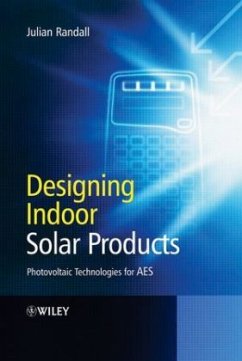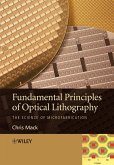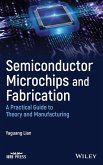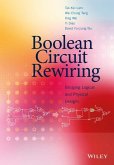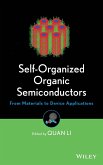Photovoltaic technology - or the direct conversion of light into electricity - is the fastest growing means of electricity generation today, however it is generally used outdoors. Relatively little attention has been focused on the many obstacles to overcome when designing efficient indoor products. As a result, indoor products are more often than not limited to low power. Designing Indoor Solar Products bridges this gap by showing where AES (Ambient Energy Systems) based on photovoltaic cells may be used for higher power devices.
Motivated by both financial and ecological arguments, this book:
_ Co-ordinates a wide-reaching range of scientific information regarding photovoltaic technologies and their application to indoor spaces.
_ Analyses power management, power availability, technological selection and design methodologies.
_ Uses real-life examples and case studies to demonstrate the arguments made.
_ Presents information in such a way as to make it accessible even to engineers with basic electrical knowledge.
Designing Indoor Solar Products pulls together a wealth of information on photovoltaic technologies and their applications. It will be of practical interest to engineers and designers of sensor systems planning on using photovoltaic technology for power, whilst the theoretical approach will appeal to those in academia in the related areas of environmental engineering, sustainable development as well as building and product design.
Motivated by both financial and ecological arguments, this book:
_ Co-ordinates a wide-reaching range of scientific information regarding photovoltaic technologies and their application to indoor spaces.
_ Analyses power management, power availability, technological selection and design methodologies.
_ Uses real-life examples and case studies to demonstrate the arguments made.
_ Presents information in such a way as to make it accessible even to engineers with basic electrical knowledge.
Designing Indoor Solar Products pulls together a wealth of information on photovoltaic technologies and their applications. It will be of practical interest to engineers and designers of sensor systems planning on using photovoltaic technology for power, whilst the theoretical approach will appeal to those in academia in the related areas of environmental engineering, sustainable development as well as building and product design.

